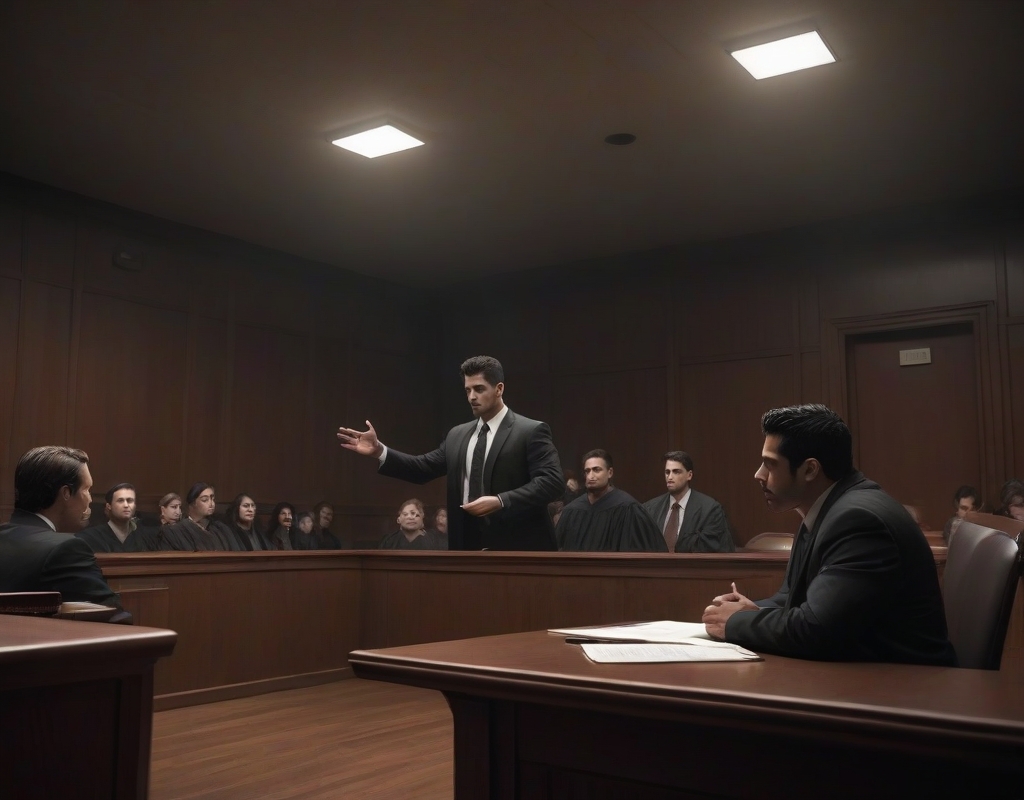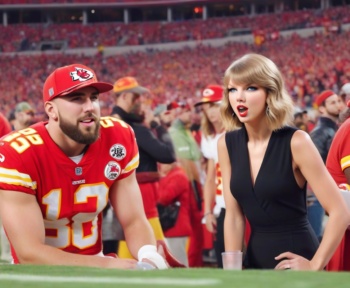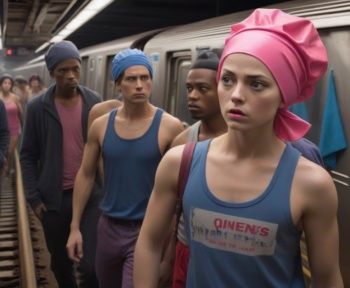Erik and Lyle Menendez have been the subject of intense scrutiny and debate since they were accused of murdering their parents in their Beverly Hills home in 1989. At the time of the crime, the brothers were 21 and 18 years old, respectively. Their trial drew national attention and ended controversially, spawning a hung jury initially and leading to their eventual conviction for first-degree murder in a subsequent trial. Over the years, the fairness of these proceedings has been questioned, particularly regarding how evidence of their father’s abuse was treated in court.
Jose Menendez, the brothers’ father, allegedly subjected them to severe physical and emotional abuse, a claim supporters believe played a significant role in their drastic actions. The court’s dismissal of this abuse as a substantial mitigating factor has been a major point of contention. With recent revelations, the Los Angeles District Attorney, George Gascón, has begun reviewing new abuse allegations, which might influence a potential retrial or sentence reduction.
The Netflix documentary “Monsters: The Lyle and Erik Menéndez Story” has reignited public interest in their story, portraying the events that led to the tragic killings and the trials that followed. High-profile individuals like Rosie O’Donnell and Kim Kardashian have voiced their support, advocating for a more compassionate approach towards the brothers.
Rosie O’Donnell has been one of the most outspoken supporters, calling for an end to the negative perception surrounding the Menendez brothers and a move towards a more understanding viewpoint. She shared her experiences interacting with Lyle Menendez, highlighting their recent conversation and her personal engagement with his situation, which reflects her deep interest and the connectivity some have with the brothers’ story.
A juror from their initial trial has also spoken out, suggesting that sexism and homophobia may have affected the jury’s empathy levels and influenced the verdict. This perspective sheds light on potential biases that could have impacted their trial outcomes.
Regarding their future, Rosie O’Donnell mentioned that the Menendez brothers are hopeful and have plans for life after potential release. Although lacking in detail, it’s evident that they are optimistic about their chances to reintegrate into society.
The case of the Menendez brothers remains unresolved, with new developments possibly altering their fate drastically. It highlights the need for a legal system that balances justice with empathy, particularly for those who have experienced considerable trauma. As public perception shifts and new evidence is considered, the outcome of this long, tumultuous saga is eagerly anticipated, reinforcing the ongoing dialogue between justice and compassion in the pursuit of truth and reconciliation.




